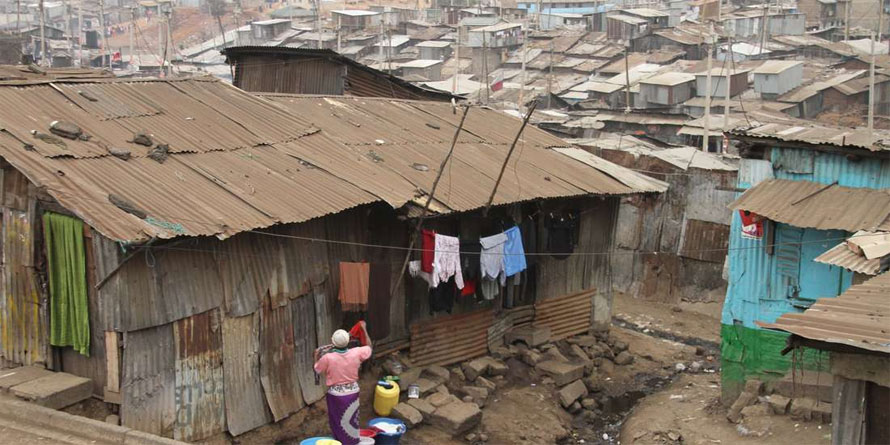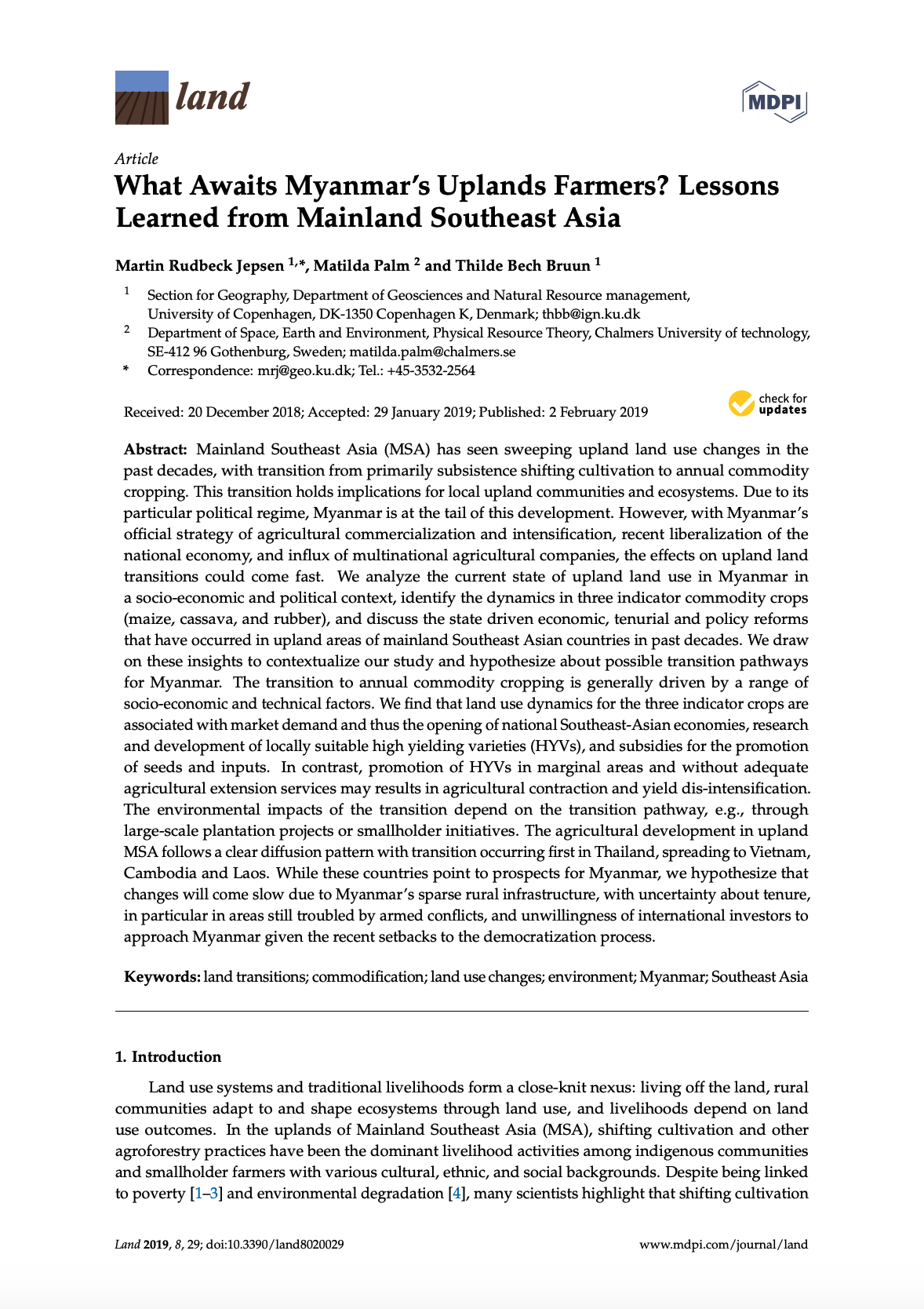Resistance to Land Grabbing and Displacement in Rural Cambodia
In rural Cambodia indiscriminate, illegitimate and often violent land grabs in the form of Economic Land Concessions (ELCs) have triggered myriad local responses by peasants facing evictions from private and communal lands. Drawing on fieldwork in Kratie and Koh Kong provinces, this chapter looks at the various forms of local resistance to government-sanctioned dispossession and displacement and discusses their effectiveness in bringing about socio-political and institutional change.



